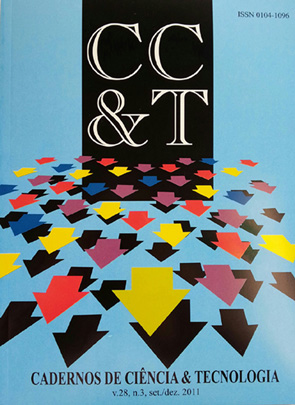FROM THE CHAINSAW TO THE HARVESTER: A CASE STUDY ABOUT TECHNICAL CHANGE AND LABOR PRECARITY IN THE FORESTRY HARVEST IN URUGUAY
DOI:
https://doi.org/10.35977/0104-1096.cct2011.v28.16587Abstract
The article analyzes through a case study, the work precariousness in two forest harvesting systems in Uruguay, the manual – with use of chainsaws – and the mechanized one. The research in which is based this article starts from an hypothesis suggesting that there is a job insecurity declines with mechanized harvesting. The study of the labour precarity was analyzed through objective factors that make the worker to be in a precarious situation, and subjective ones, that make the worker to feel in a precarious situation. From an objective perspective, the hypothesis would be true, since mechanized harvest workers have had job stability, social insurance, higher incomes, and better working conditions. From the subjective perspective, the conclusion of the employee satisfaction analysis about their incomes, work, and social relationships, is more complex, sincethere are precariousness conditions in both systems.Downloads
Published
2011-12-01
How to Cite
Méndez, E., & Carámbula, M. (2011). FROM THE CHAINSAW TO THE HARVESTER: A CASE STUDY ABOUT TECHNICAL CHANGE AND LABOR PRECARITY IN THE FORESTRY HARVEST IN URUGUAY. Science & Technology Journals, 28(3), 751–779. https://doi.org/10.35977/0104-1096.cct2011.v28.16587
Issue
Section
Artigos


